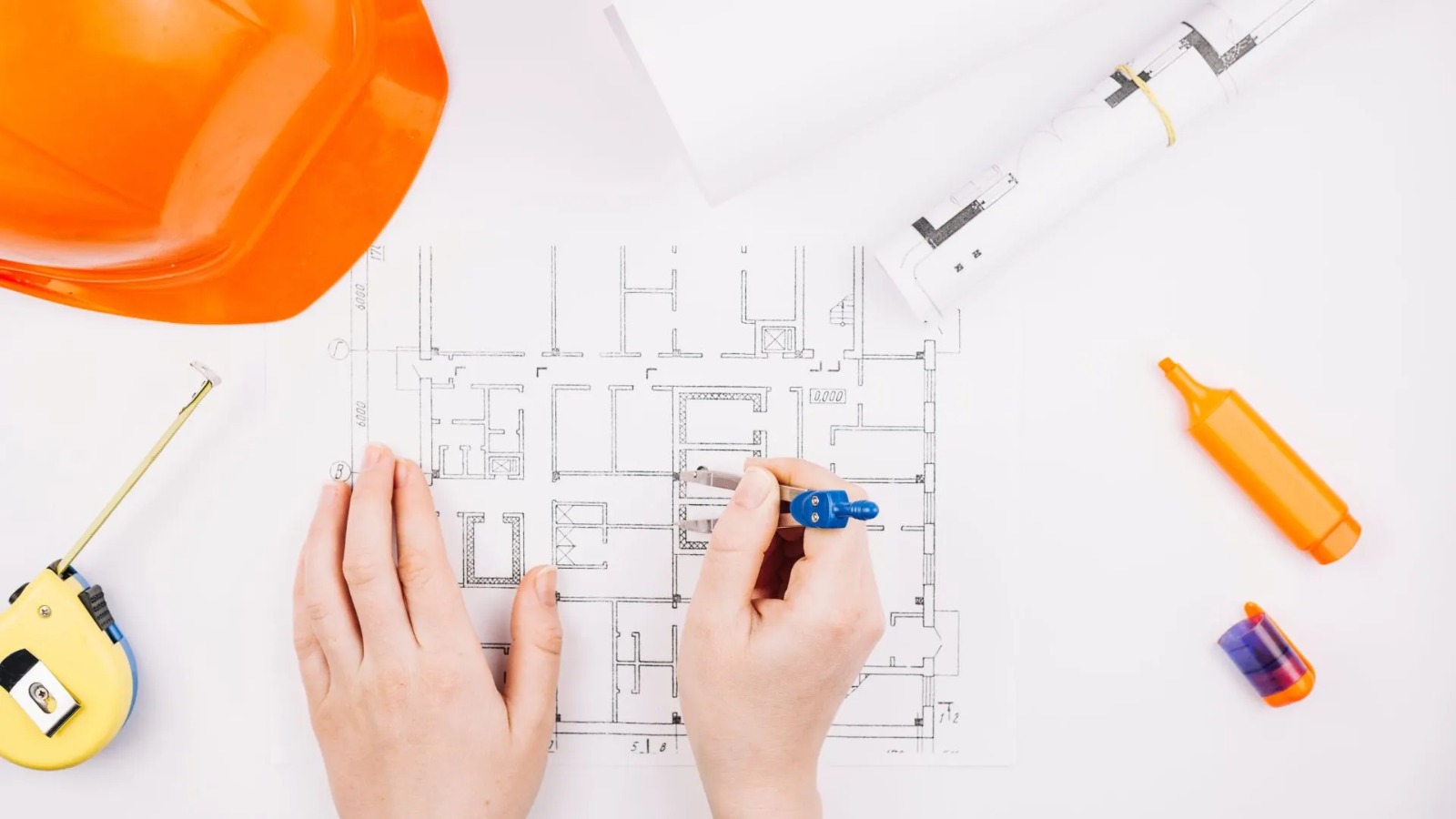Greater Noida Master Plan 2031: Transforming India’s Millennium City

The Greater Noida Master Plan 2031 is a visionary blueprint designed to transform the city into a world-class urban hub, ensuring balanced development and long-term growth. With a focus on infrastructure, connectivity, green spaces, and modern amenities, the plan aims to position Greater Noida as one of India’s leading cities for both residents and businesses.
Key Highlights of the Master Plan 2031
-
Enhanced Infrastructure Development
The Master Plan emphasizes the expansion of roads, highways, and expressways, ensuring seamless connectivity to Delhi-NCR, Noida, and upcoming key areas like the Jewar International Airport. Improved metro connectivity, smart city features, and industrial zones will make Greater Noida an attractive destination for businesses and residents alike. -
Sustainable and Eco-Friendly Urbanization
To address environmental concerns, the plan integrates eco-friendly development by increasing green spaces, parks, and sustainable water management systems. Efforts are being made to balance urban growth with the natural environment, making the city more livable for future generations. -
Affordable Housing and Smart Living
Greater Noida will witness the development of modern housing projects catering to different income groups, from affordable housing to premium luxury residences. The integration of smart city technologies, including efficient waste management, 24/7 water and electricity supply, and digital governance, will enhance the quality of life for all citizens. -
Jewar International Airport: A Game-Changer
One of the most transformative aspects of the plan is the development of the Jewar International Airport, which is set to become one of the largest airports in India. This project is expected to boost the local economy, attract international businesses, and create job opportunities, further propelling Greater Noida’s growth. -
Industrial and Commercial Growth Zones
Dedicated industrial zones and special economic areas are a central part of the plan, aimed at fostering economic growth and attracting multinational corporations. The city will become a hub for IT, manufacturing, and other industries, offering ample employment opportunities. -
Social Infrastructure: Education and Healthcare
The plan also focuses on building a strong social infrastructure, with the development of world-class educational institutions, universities, and healthcare facilities. This will create a city that not only thrives economically but also provides high-quality services for its residents.
